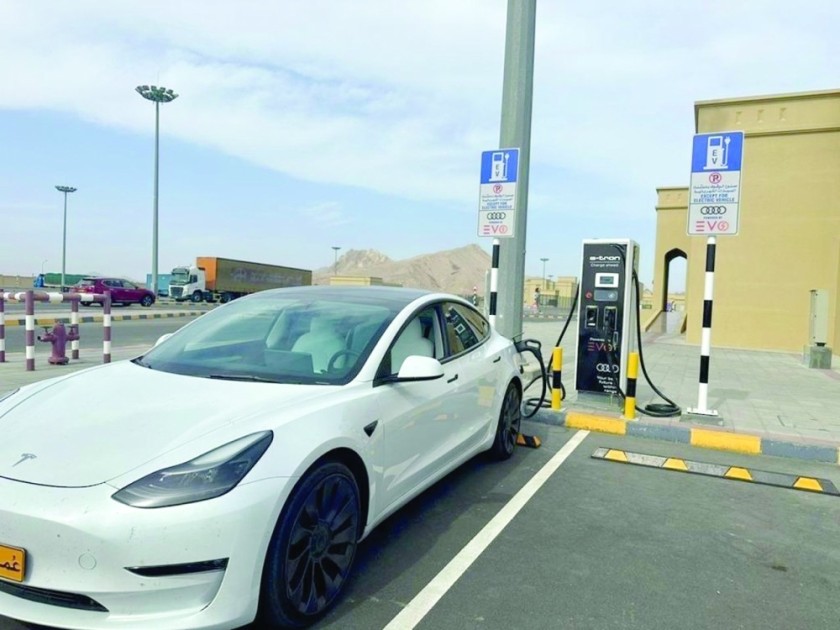

MUSCAT: Governments worldwide are increasingly adopting low-carbon transportation strategies, and the Sultanate of Oman is actively participating in these efforts.
Oman has set ambitious national goals to address climate change, with directives aiming to achieve net-zero carbon emissions by 2050. This target is part of a broader strategy to enhance environmental performance and is encapsulated in Oman Vision 2040.
The vision outlines several precautionary measures, including the promotion of electric vehicles, the use of hydrogen fuel cells for long-distance trucking, and the adoption of biofuels.
Oman is promoting the use of electric vehicles (EVs) by providing incentives such as tax reductions, subsidies, and developing charging infrastructure. Additionally, the government is gradually transitioning its fleet to electric vehicles to set an example and drive the market for EVs.
Hydrogen fuel cells are being explored as a viable solution for long-distance transport due to their high energy density and quick refueling times, with investments in research and development to improve hydrogen production and storage technologies. Biofuels, produced from organic materials, are being integrated into the transportation sector to reduce reliance on fossil fuels. Oman is also exploring the use of locally available resources to produce biofuels, thereby supporting local industries and reducing import dependence.

In addition to technological advancements, behavioral changes are essential to reduce carbon footprints. Oman is investing in public transportation infrastructure, such as buses and metro systems, to make it more efficient and accessible. Public awareness campaigns are also being conducted to encourage the use of public transport over private vehicles. Furthermore, car-sharing initiatives are being promoted through shared mobility services, regulations, and incentives to reduce the number of vehicles on the road and encourage shared rides.
Global warming and the consequent climate changes have posed a significant challenge to our planet for several decades, leading to a pronounced disruption in environmental, climatic, social, and economic systems.
Various human activities have contributed to this problem, primarily through increased carbon emissions. Notably, the global transportation sector is responsible for nearly a quarter of global carbon dioxide emissions, with land transport alone contributing seventy-five percent of these emissions.
Oman Observer is now on the WhatsApp channel. Click here



